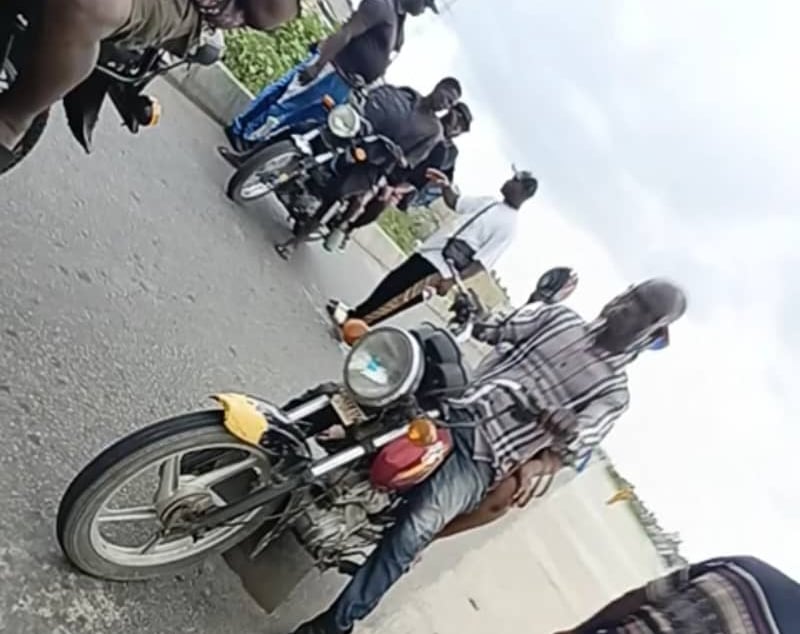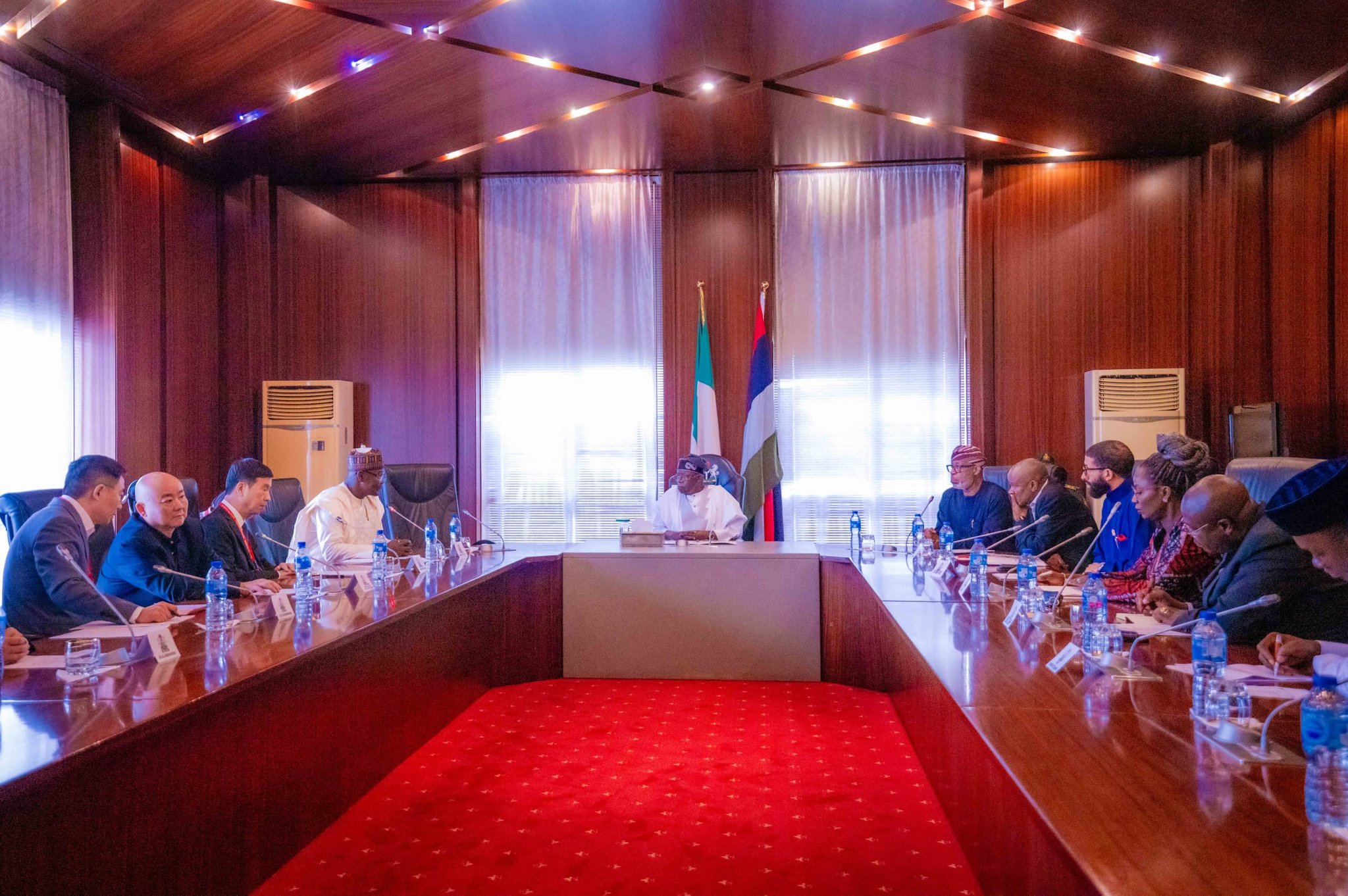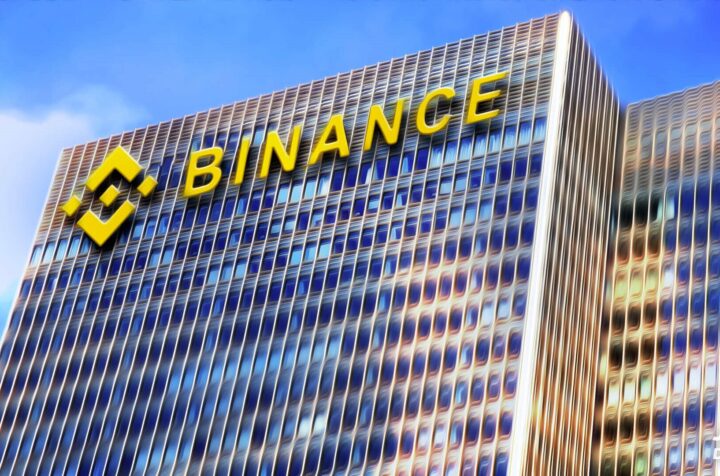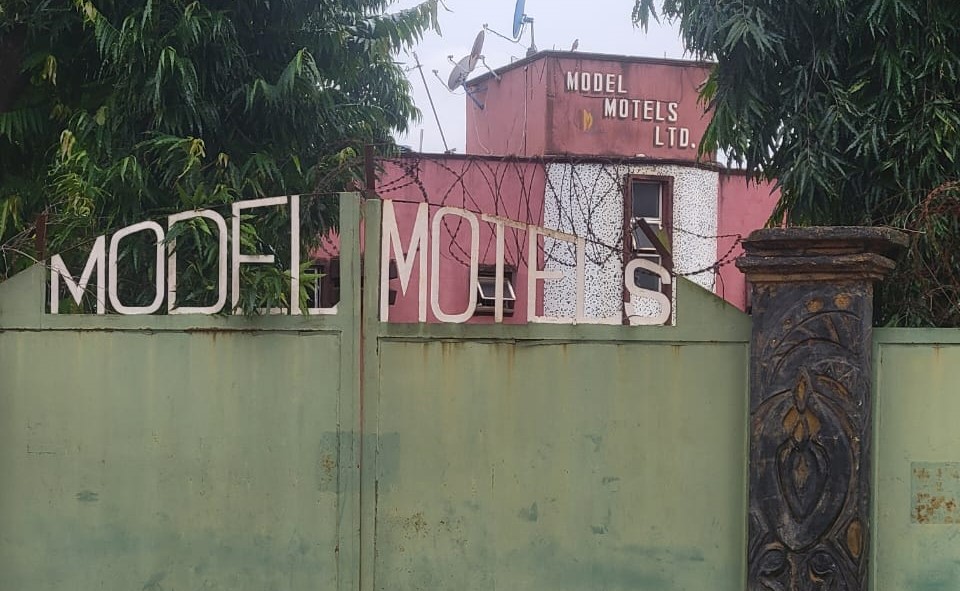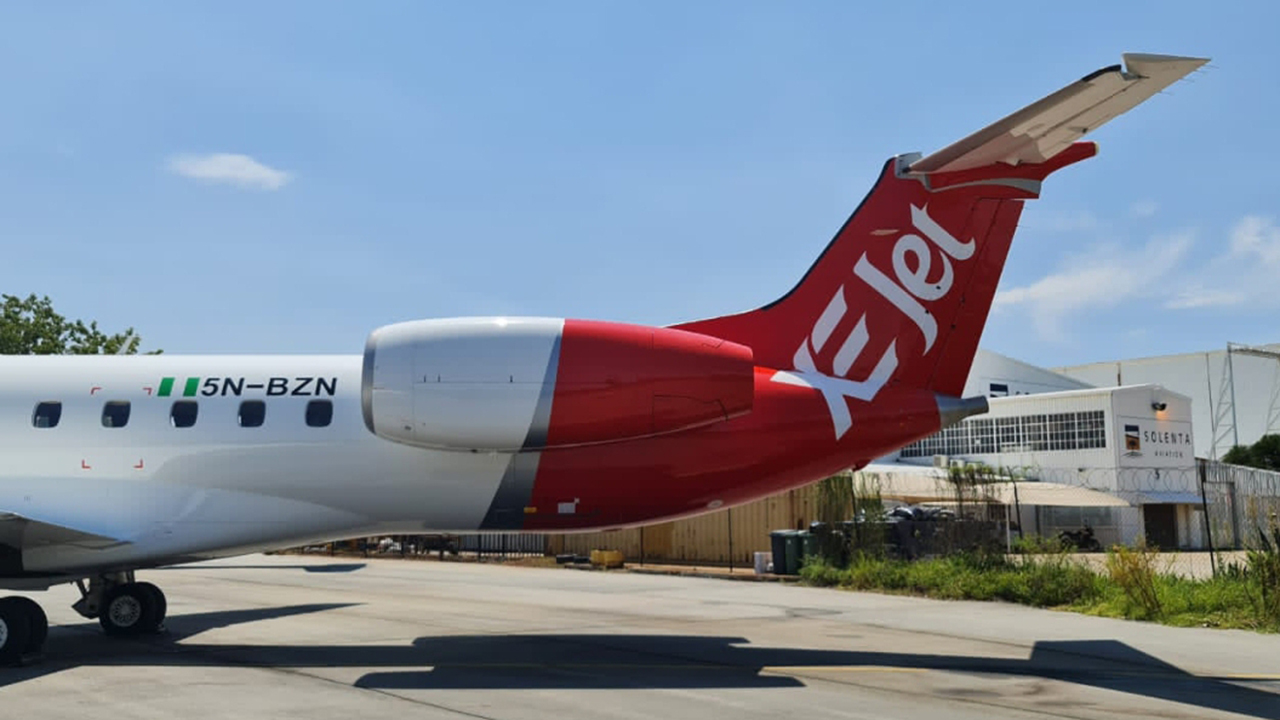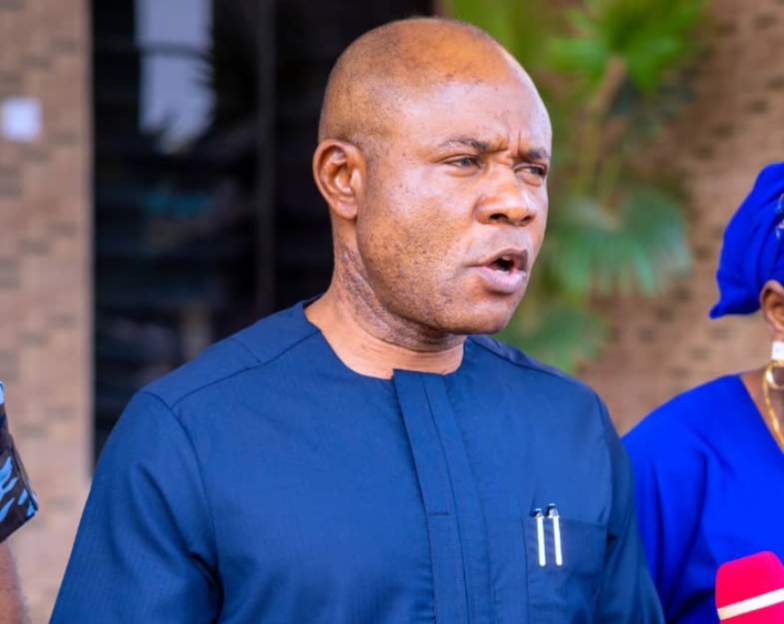Lodge: Africa deep sea resources project’ which aims to support African states through capacity development activities to enable them, first of all, to understand what resources they have in their national waters
Nigeria took a step towards diversifying its economy in 2023 when President Bola Tinubu established a ministry dedicated to the blue economy. This move coincided with a surge in global interest in deep sea exploration, fuelled by the need for minerals to support the green transition.
Michael Lodge, secretary-general of the International Seabed Authority (ISA), in this interview with TheCable’s CLAIRE MOM, weighs in on deep-sea mining. The ISA, a United Nations (UN) body overseeing mining and related activities in international waters, plays a critical role in ensuring responsible resource extraction. Lodge discusses the ISA’s collaborative efforts with African nations, empowering them to participate in the blue economy while navigating the unique challenges faced by the continent.
TheCable: There has been a lot of momentum gathering around deep sea mining, opening up more opportunities for exploration and a potential turnaround to the global economic recession. Why do you think this is beginning to attract such visibility?
Lodge: Well, you are right. There is a lot of interest these days in the potential for deep-sea mining. I think there are a number of driving factors behind that. First is the fact that the world is making a transition from a fossil fuel-based economy to a mineral-based economy, and so all the reliable estimates suggest that we are going to need many more minerals in the future, especially so-called critical minerals that are going to be used for the electrification of economies such as nickel, copper, cobalt, and manganese. The fact is that a lot of these minerals are found in the deep sea. These resources in the deep seabed are highly abundant. We are still finding out about more and more of them, but this has really driven a lot of interest in exploration.
Advertisement
I think it is important to point out that deep-sea mining is not taking place yet, but we have seen over the past few years a lot more interest in investing in exploration to try and find out what is there and what resources are recoverable. The other factor that has been driving interest is the fact that ocean technology has advanced tremendously, particularly in the past ten years or so. So, we can do things in the sea that we never thought were possible before.
Some countries have recently been testing mining technology and found that it is quite successful and technically and economically feasible to recover minerals from the deep sea. So, that is really the reason why there is so much interest at the moment.
TheCable: So, with the urgency to transition to a global green economy, how does the ISA ensure that subsequent deep-sea mining activities adhere to environmental regulations and protect marine ecosystems?
Advertisement
Lodge: Well, that is one of the most important parts of our mandate and that is actually one of the reasons why there is no deep-sea mining at the moment because we are still working on putting in place the regulations that will govern this new industry. This is really a world-first in a sense because this is going to be one of the first industries that has been fully regulated even before it begins. So, we are working right now with our 168 member states, including 48 African states that are members of the International Seabed Authority, to put in place the regulatory code that will ensure that environmental protections are in place, and that code will be in place before any mining can take place.
TheCable: Speaking of the code, deliberations and negotiations have been going on to adopt the perfect regulation. What progress has been made and what does this code hope to achieve for the world?
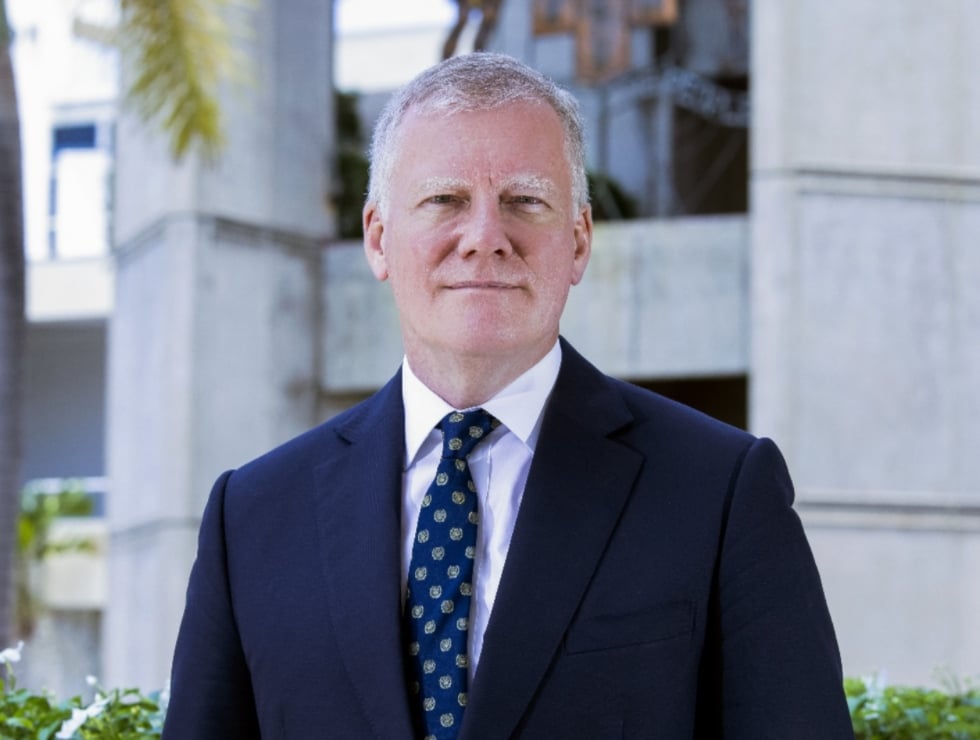
Lodge: Well, it is a big task, but there is a lot of progress. Actually, we have been working on the code for about six years. There is a text that is being negotiated by governments in the ISA in Jamaica. It is a slow process, but you know it is a step-by-step process, and every country has the ability to have their input and join the discussion. There is a target. The council agreed that the UE code should be completed by 2025. So, we still have time to go, but that is the objective—to adopt the mining code by 2025—so that we can continue to consider applications for mining contracts if any applications come in.
TheCable: It is interesting that you say deep-sea mining is a first for the world. Nigeria established the ministry of blue economy last year, with deep-sea mining and exploration as one of its objectives. For a country seeking to diversify its economy, how can we leverage this new pathway?
Advertisement
Lodge: We have been working very closely with all the African states that are members. That is 48 member states. We have a project called the ‘Africa deep sea resources project’ that aims to support African states through capacity development activities to enable them, first of all, to understand what resources they have in their national waters because there are many mineral resources around Africa, and also to understand how they could participate in the international area with the ISA.
So, as part of those efforts, I can mention a couple of initiatives. One, we were in Abuja almost two years ago with a major workshop with colleagues from Nigeria and neighbouring countries. That, I think, has led directly to the latest announcement (the creation of the ministry) that we heard in Nigeria. But also, we have a programme where we bring African experts from different countries and different governments to come and work with the ISA secretariat here in Jamaica on topics like maritime policy, the blue economy, geology, oceanography, and so on.
We realised that it is very valuable in building awareness among African countries, first of all, but also particularly in building capacity for African states to become directly involved in working in marine minerals. For example, we have had two experts attached to us from Nigeria within the past year. It was a very successful attachment, and they left having done some cutting-edge research in the field of marine geology and taking that information and that knowledge back with them to Nigeria.
TheCable: So, would you say the creation of the blue economy ministry is one of the biggest outputs of the collaborations between the ISA and the Nigerian government?
Advertisement
Lodge: I mean, I don’t think ISA will claim full credit for the national policy, but I hope that we contributed in some way to support that. We know that it was under discussion and I really congratulate Nigeria for the efforts undertaken because I think the blue economy is very important. It is going to have more importance in the coming years. I commend Nigeria for its foresight in establishing this new enterprise.
TheCable: Let me take you back to a point you mentioned earlier about how the ISA collaborates with other African countries. For a continent that is so vast in water resources, it also seems to have many water challenges. With the experience gathered in partnerships with these nations, how do you envision collaboration to ensure that deep-sea mining supports rather than hinders the global green transition and, at the same time, caters to the challenges faced regarding the equitable distribution of water resources?
Advertisement
Lodge: The African group is a very important one within ISA, with 48 out of 168 members. So, it is statistically very significant. Of course, decisions about whether to engage in the blue economy or whether to boost the blue economy are made at the national level. It is not our purpose to interfere with those national decisions. Our purpose is to support those countries that want to go in that direction, have an interest in it, want to learn more about it, or want to make that decision for themselves. So, it varies very much from country to country. Of course, every country in Africa is very different and has very different circumstances. Even though the African group is very cohesive and tends to operate at the international level with a very unified policy, our mission is to support that and to provide capacity development opportunities that are there if countries want to take advantage of them.
We do not impose policies on countries, but it is very important to us to ensure that the African voice is fully heard in all the discussions and debates that take place in the International Seabed Authority at the multilateral level.
Advertisement
TheCable: Are there any environmental or social challenges that are unique to these African countries that must be addressed to harness the full potential of deep-sea mining?
Lodge: Well, I am not going to generalise because, as I said, every country has different considerations at the national level, and we hear some of those when we visit different countries. But one of the things that I think is of particular concern to Africa is that it is a mining continent. Of course, there is a very big mineral industry throughout Africa, so there is an interest in understanding how land-based and sea-based mining can coexist in the future. What will be the implications for existing land-based mines? Whether it is possible, for example, to lower the environmental impact on land by going to the sea and vice versa? Of course, all forms of mining have an environmental impact, and we know that the environmental impact of land-based mining in some places is very significant. So, if there are ways to reduce that impact, then we should be looking at those.
Advertisement
TheCable: Taking you out of the African context, in what ways do you see deep-sea mining contributing to the global transition towards green technology and renewable energy?
Lodge: Well, the mineral resources in the sea are highly abundant; so, if we are going to meet the targets of the energy transition, then we will need more minerals. Seabed mining offers another alternative or an option, provided it can be done responsibly. Of course, and that is our work to ensure that it is possible. So, it provides a further option for broadening mineral supply in the future. Of course, it does not mean that it will necessarily replace all land-based mining, but some land-based mining, as we know, is not very environmentally responsible. So, it is important, I think, for the whole world to look at all the different options to meet the future demand for minerals.
Add a comment
